Is Butter Halal? Everything You Need To Know
Due to its versatility, butter is an ingredient many of us considered a kitchen staple. Butter is used in a whole host of different recipes as it helps to add flavour to a range of dishes from cakes and pies to rich sauces and fried dishes.
Advertisements
But, is butter halal? Continue reading to find the full details whether butter is halal or not.
Is Butter Halal?
Yes, butter is considered halal as long as it is made from milk or cream that has been obtained from halal sources. However, commercial butter is subject to some halal risk factors and is not always halal to consume.
Some butter could include animal fats or other ingredients that Muslims do not consider halal.
RELATED READINGS: Is Diary Halal? What You Need To Know
Advertisements
When is Butter Not Halal?
In the olden age, this was indeed the only way how butter could be made – just pure cow’s milk and a lot of shaking, stirring and agitation – completely halal!
But in this day and age, butter is no longer made of just milk. Commercially-made butter are sometimes packed with something extra for the consumers.
There are 4 main Halal risk factors regarding Butter.
- Pork Gelatin
- Whey Butter
- Lard and
- Alcohol
Pork Gelatin
Milk is the raw ingredient used to make butter, and the core stages of butter production include the following transitions: Milk to Cream to Butter.
Some manufacturers add gelatin to the cream after it has been converted from milk. This thickens and stabilises the cream.
Advertisements
This is particularly common with whipped cream. Gelatin is primarily derived from pigs (which are forbidden to consume) and beef.
As a result, if butter is made from cream that contains pork gelatin or haram beef gelatin, the butter itself is not considered permissible to consume.
It is not permissible to consume foods, drinks and medicines that contain gelatin derived from the skin of pigs or other impure substances. It is possible to manufacture gelatin from animals that are slaughtered in the prescribed manner, and it will serve the same purpose in manufacturing medicine or food. Source
Advertisements
Whey Butter
Whey, a byproduct of cheese production, is sometimes used to make the cream used to make butter.
Cream derived from whey may not be halal to consume due to the possible use of animal-derived enzymes (such as rennet, which is used to make parmesan cheese).
If the rennet is taken from an animal that has been slaughtered according to Shariah, then it is pure and can be eaten. If the rennet is taken from an animal that dies naturally, or that was not slaughtered in accordance with Shariah, it is impure and should not be eaten.
If the whey used in the butter is not halal, then the butter itself is not halal to eat.
Lard
The demand for low-fat butter has grown over time. However, without the fat, the butter does not taste as good or have the same texture.
To keep the butter’s flavour and texture, some manufacturers use pig gelatin, a lower-concentration fat source. Because pig gelatin is not halal, the resulting butter is not halal to consume.
Alcohol
You may be wondering what alcohol has to do with butter. It’s not normally found in salted butter; instead, unsalted butter is what you should look for.
Natural flavouring is present in unsalted butter, which could be made from Starter Distillate. Diacetyl may be present in starter distillate, especially when used in unsalted butter.
If alcohol is fully absorbed into the food or drink and has disappeared in it, there is nothing wrong with eating or drinking such things at all. If the essence of the alcohol remains present or its traces may be detected in the mixture, it is haram to consume this food or drink.

What Is Halal Butter?
Halal butter is the one we make at home created out of milk. It is best to avoid purchasing commercial butter that does not contain a halal label.
This is due to the fact that, even if the ingredients listed on the package appear to be halal, risk factors such as pork gelatin may have been used in the manufacturing process.
Aside from halal-certified butter, you can look for salted butter that does not contain any halal risk factors (check the ingredients and process with the suppliers).
Conclusion
In conclusion, butter is generally considered to be halal as long as it is made from milk or cream that has been obtained from halal sources and does not contain any non-halal ingredients or additives.
It is important for Muslims to be aware of the sources of their food and to ensure that it is halal in order to adhere to their religious beliefs and practices.
Advertisements

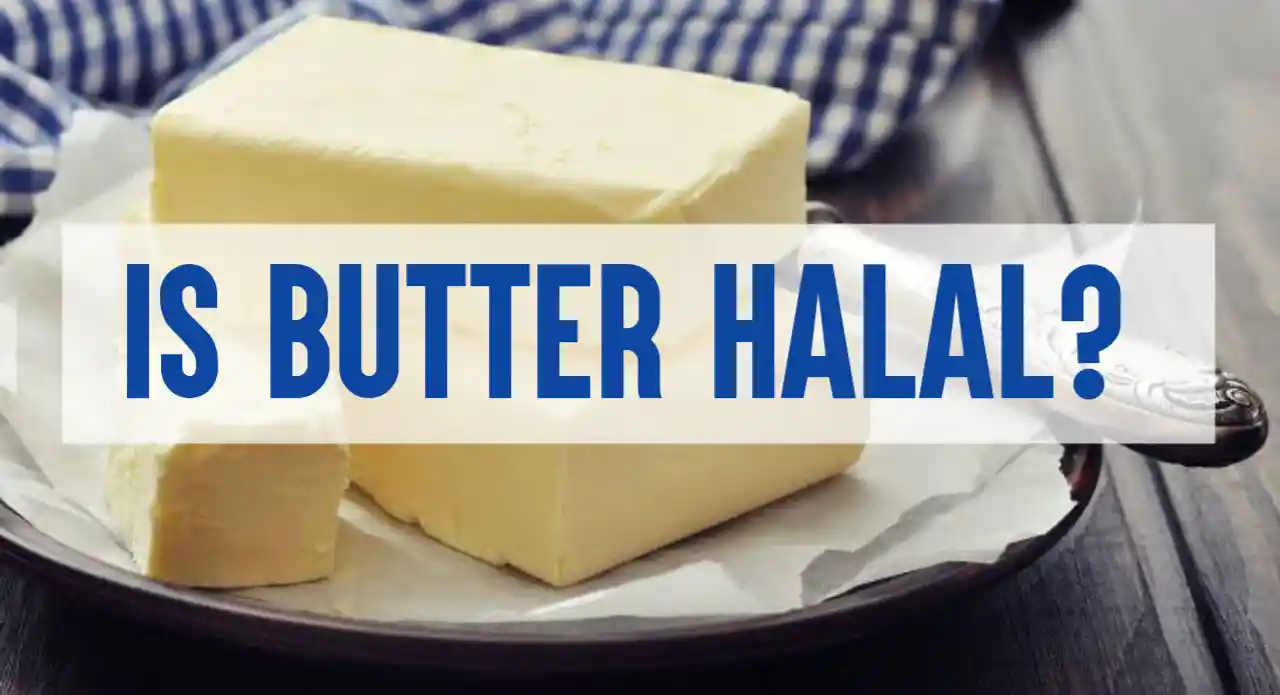
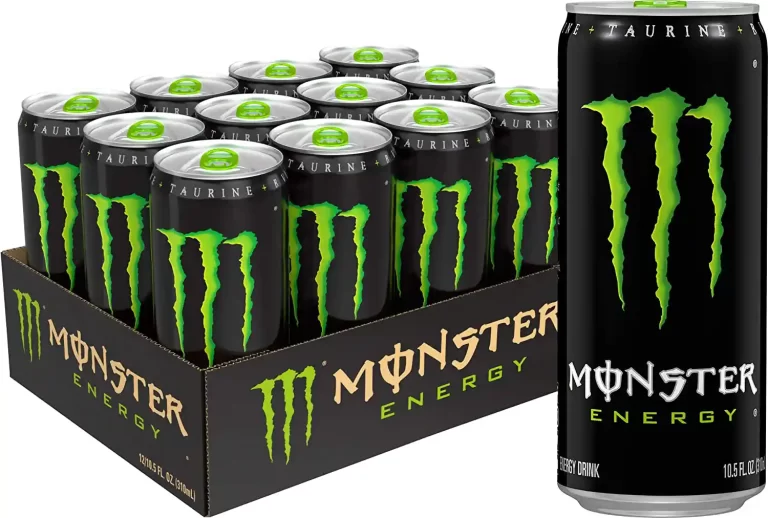
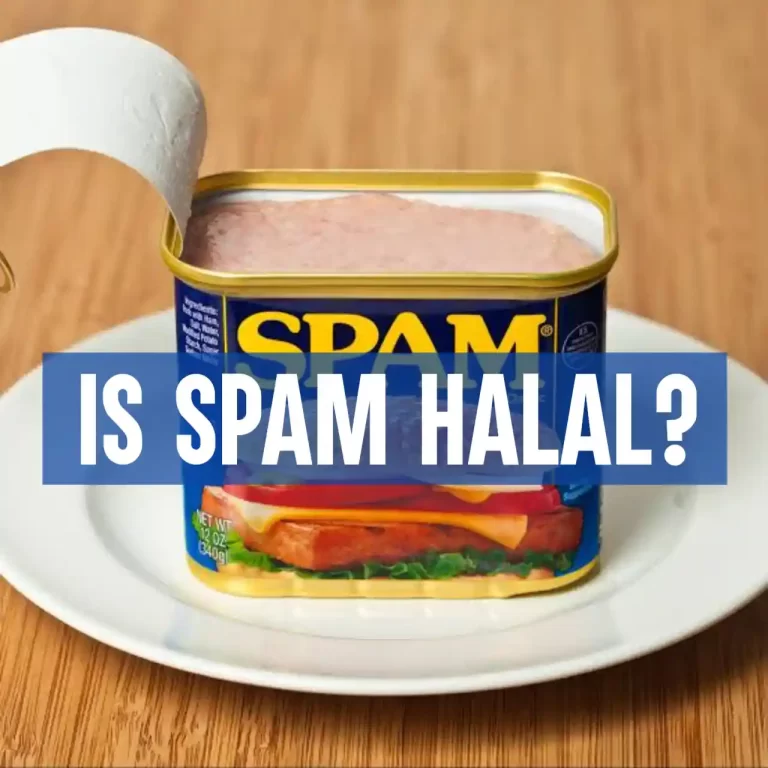

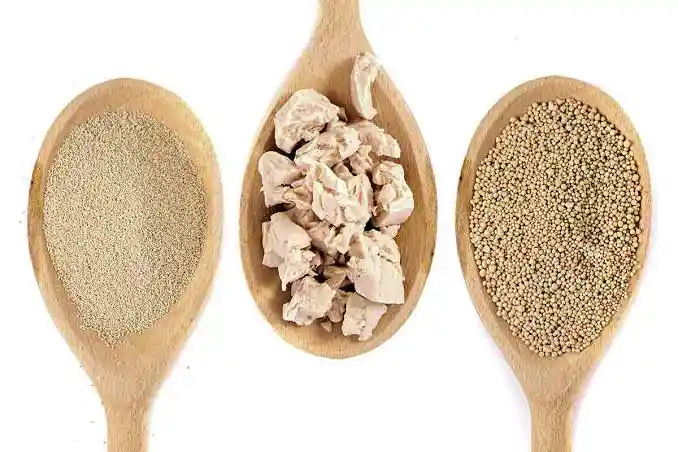
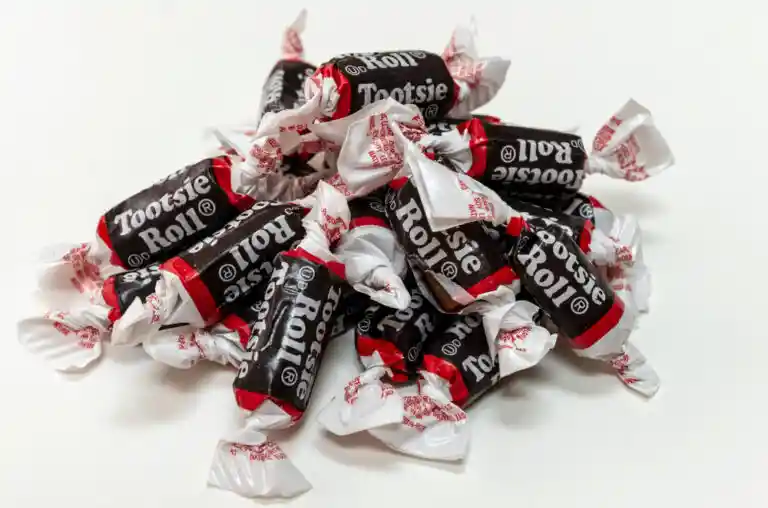

One Comment